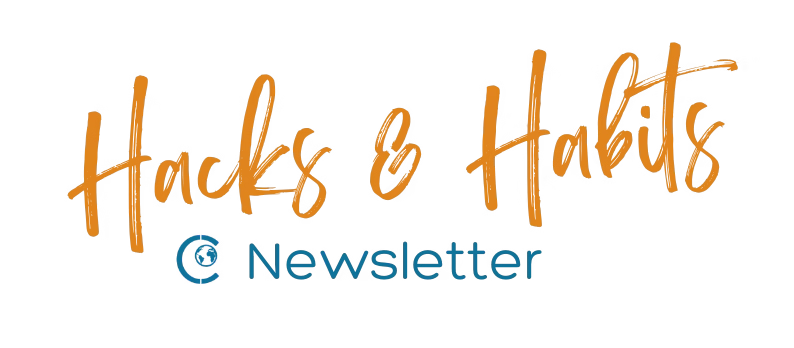
For the third time today you click your inbox, scrolling through the messages. Then you switch to your favorite online news site, looking for new likes on your 𝕏-posts. You know you should work on your project but somehow you just can’t seem to put yourself to do it. There’s too much going on in your head right now. You just can’t stop procrastinating.
If this description sounds familiar, you’re probably suffering from founder’s anxiety. And if it makes you feel better, thousands, maybe millions, all across the globe are experiencing the same thing.
It might be caused by realizing your runway is getting shorter each day, while your MRR is still low. Or you are still enjoying the security of your 9-5 income, but realize that there just isn’t enough time to realize all your plans.
Scarcity worsens procrastination
Worries like that are hard to shake off. And unfortunately they also impair our ability to focus at the task at hand. It’s not just feeling stressed that is causing this. It’s probably worsened by this feeling of scarcity we have, now more than ever. And as Princeton psychologist Eldar Shafir discovered in his work over the years, experiencing scarcity takes up so much mental energy it leads to making bad decisions. And scarcity is exactly what you are experiencing now.
So if you are trying to decide what to do on the go, your brain is just freezing, unable to do a decent job. There just isn’t enough cognitive bandwidth available, as Shafir points out. So you keep going around in circles, ending up even more stressed and possible deprived of future earnings. And that makes it even harder to stop procrastinating.
How to stop procrastinating:
The way to stop this might be quite simple: make the decision easier of even better, remove it from the equation. How? By making the decisions in advance. Or, in other words, by making a plan.
So, here’s how you do this:
- Make a list of things to do.
- Be sure the tasks are:
- small enough and
- easy to accomplish.
- Limit the list to a manageable amount, on other words: the list itself should be short.
- Decide beforehand which task is done first, then the second etc.
- Start each day with your list.
Decreasing choice to stop procrastination

Making a plan this way means you’re making the decisions upfront, eliminating choice paralysis along the way. It’s something most people don’t realize: we are all suffering from choice paralysis the moment we don’t have a plan. And that, certainly in times like these, is just too much for our mental capacities.
It’s important that you start your day with your list, either making it first thing in the morning or making it at the end of the previous day. Just get started on the first item on your list (which might be: ‘start day with making plan’) and then move on to the next.
Bonus: activate your reward system
There’s a second benefit here: with every task you accomplish, you will activate the reward system in your brain. It’s an effective countermeasure against that feeling of scarcity and will restore your mental bandwidth, helping you to restrain yourself on those moments of weakness.
So make sure those tasks on your list are really small and easy to do! ✅
